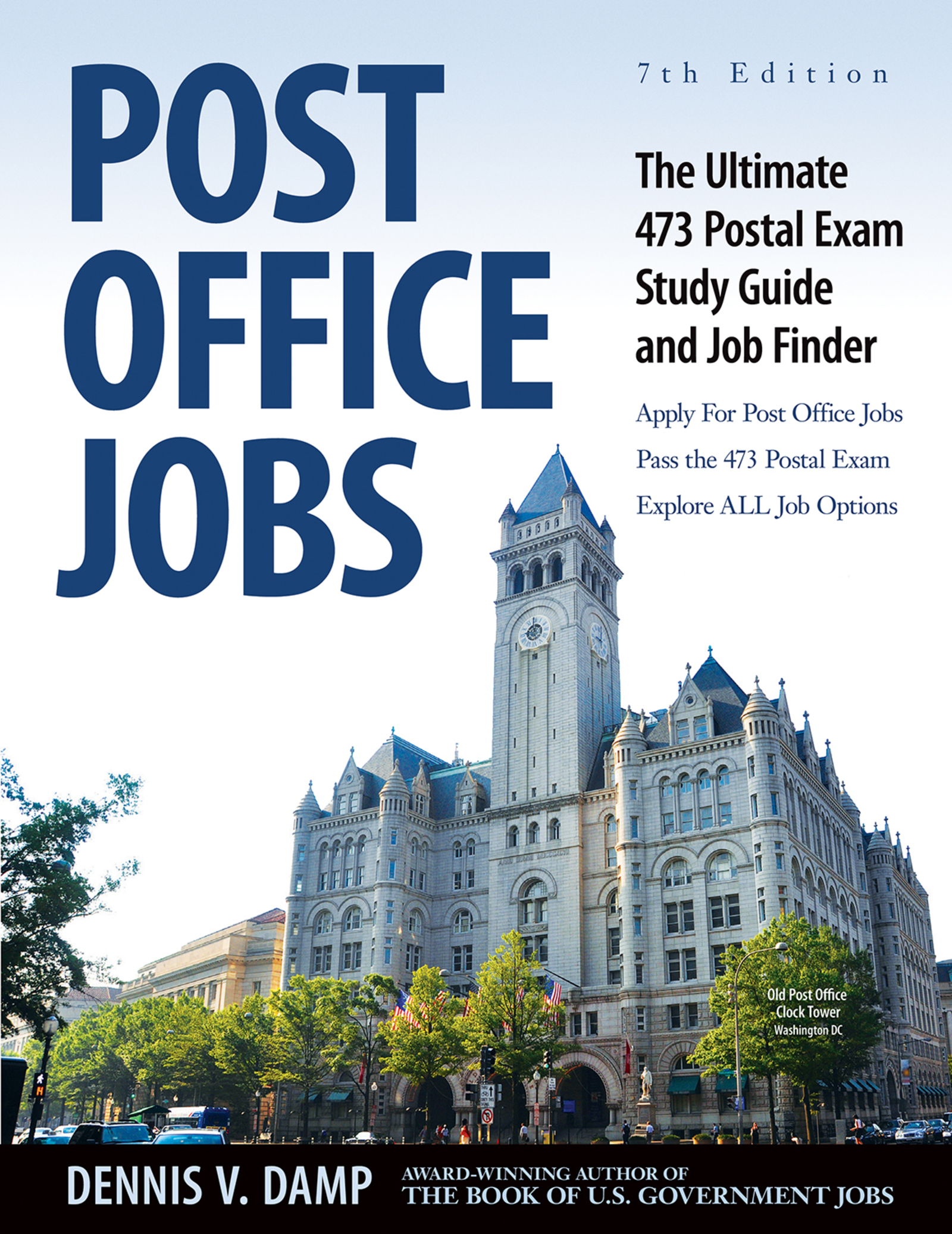This book examines how opposition groups respond to the dilemma posed by authoritarian elections in the Arab World, with specific focus on Jordan and Algeria. While scholars have investigated critical questions such as why authoritarian rulers would hold elections and whether such elections lead to further political liberalization, there has been comparatively little work on the strategies adopted by opposition groups during authoritarian elections. Nevertheless, we know their strategic choices can have important implications for the legitimacy of the electoral process, reform, democratization, and post-election conflicts. This project fills in an important gap in our understanding of opposition politics under authoritarianism by offering an explanation for the range of strategies adopted by opposition groups in the face of contentious elections in the Arab World.












